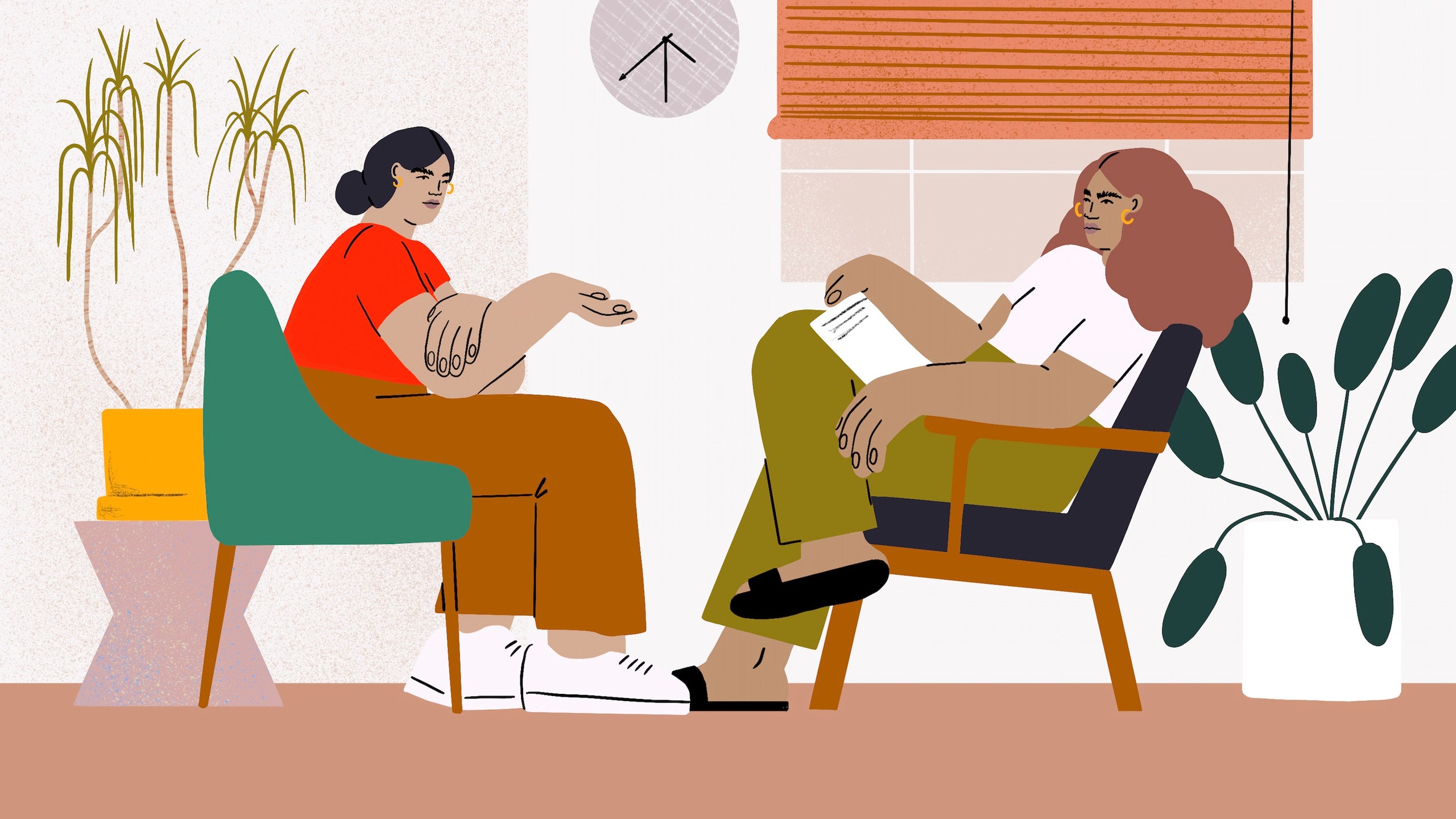
13 Mar Face to Face Connections: Honoring More Human Interpersonal Relationships
In her book Reclaiming Conversation, Sherry Turkle, Ph.D., outlines the ways in which our reliance on digital messaging has changed the way an entire generation connects with each other. She poses that face-to-face interactions foster key human experiences like vulnerability, intimacy, and empathy—experiences that technology simply cannot offer. Turkle’s research suggests that strong relationships are made stronger by interpersonal interactions. However, rather than being “anti-technology,” she instead calls herself “pro-conversation.” The power of in-person conversation can be pivotal in the psychotherapy setting. Turkle has found that the client-therapist connection improves through nonverbal communication that occurs from being in the same room. She writes, “crucial shared understandings between patient and [therapist] emerge in instantaneous moments of meeting.” While digital interfaces and teletherapy can be valuable, Turkle’s work confirmed my belief in the power of the in-person connection.
Empathy and the client-therapist relationship
Unfortunately, a deep and trusting therapeutic relationship can be hard to come by in our mental health system today. We’ve have heard over and over again about the frustration my friends and family have experienced while struggling to find therapists they connected with. From mismatched styles to different life experiences, the list of grievances goes on and on. Clients feel the most supported when they feel their therapist can relate to their own personal stories. Moreover, technology has an important place in health care, but it’s important to not lose great in-person care.
Spaces as sanctuaries
Like many relationships, a successful client-therapist relationship is founded on nonjudgmental, unbiased, and ever-present empathy. Thus, it’s crucial to infuse empathy into all steps of the process, including the design of the physical clinic locations. Clinics should be designed to highlight elements of nature in order to inspire calm and make people feel cared for. It’s long been documented that nature heals, and our clinics strive to invoke these feelings by incorporating natural wood, plants, and essential oils. The most successful clinics are warm, welcoming, and encourage meaningful connections.
The future of therapy
Looking ahead, we look forward to strong client-therapist connections for all people who seek therapy. While a purely digital connection may be convenient, we know that a deep, trusting relationship is not something easily replicated via a digital interface. Sherry Turkle said it best when she shared, “We have a message that we want therapists and patients to take to heart: People and machines are not interchangeable. Ways of relating to therapy, venues, and settings are not interchangeable. It is not true that in therapy, everything is negotiable.” Therapy creates a kinder and less lonely world. Technology is a great enabler of that, but it is also just that: an enabler. The human connection should always be at the heart of how we approach therapy.
